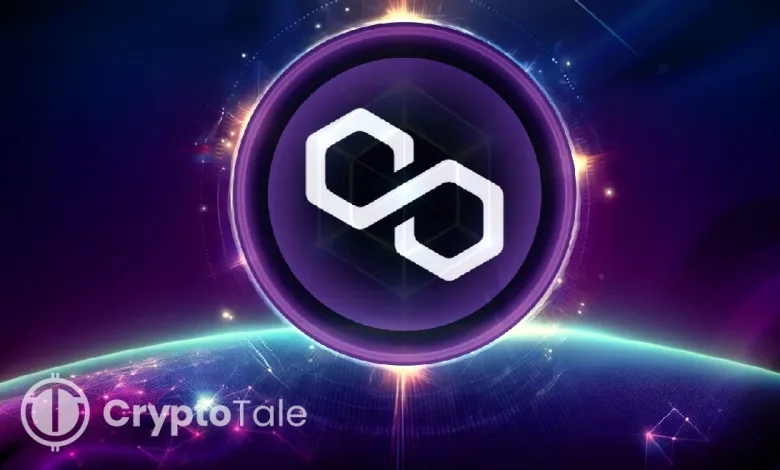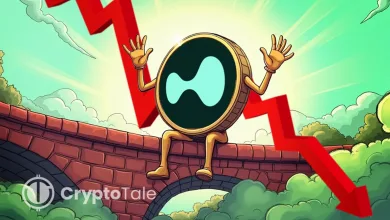Polygon Powers Mastercard Move Into Verified Wallet Identities

- Mastercard turns to Polygon to form usernames that link users to secure wallet activity.
- Mercuryo issues identity-based aliases that guide routing for each crypto transfer.
- The new system replaces long wallet strings with simple names for digital movement.
Mastercard has partnered with Polygon to launch a system that enables people to send crypto to verified usernames instead of long wallet addresses. The company introduced the update under Mastercard Crypto Credential, which creates human-readable aliases linked to verified users. The rollout uses Polygon as the first supporting blockchain due to its speed, reliability, and payments-ready design. Mercuryo will verify users and issue aliases for the system.
A Shift Toward Verified Digital Identities
Mastercard Crypto Credential creates aliases that connect to a verified individual. It assigns each person a simple name they can share of a long wallet string. This approach mirrors how people send money through apps that rely on usernames instead of complex banking details. Mercuryo checks each user’s identity and issues the credential. Users then link the alias to their self-custody wallet.
The system also allows users to request a token on the Polygon network. The token shows that their wallet supports verified transfers. It guides apps when they route credential-based transactions. This setup aims to reduce errors that occur when people mistype complex wallet addresses. It also supports a smoother onboarding process for new users.
Mastercard said long wallet strings create barriers for many people entering crypto. Companies tried QR codes and other readable options, yet those solutions offered only partial support. Crypto Credential introduces a unified system that works across supported wallets.
Polygon Provides Speed and High-Volume Processing
Polygon processes transfers at high speed and low cost. Mastercard said Polygon supports high throughput suitable for real-world payment activity. This capability guided Mastercard’s decision to select Polygon as the launch network.
Polygon’s role extends beyond technical processing. The network recently worked with financial institutions such as Calastone to support institutional fund operations. That collaboration showed Polygon can handle high-volume, mission-critical activities in regulated environments. Mastercard’s use of Polygon adds another institutional-grade deployment to the network’s activity.
Mercuryo joins the initiative as the issuer and verifier. The firm leverages its crypto payment API experience to manage the verification and alias creation process. The companies said the partnership combines Polygon’s infrastructure with Mastercard’s global network and Mercuryo’s onboarding capabilities.
Related: Polygon CEO Says Stablecoins Will Strengthen Dollar’s Global Power
Expanding Access to Self-Custody Tools
The update aims to make self-custody wallets more user-friendly. People can now send or receive crypto through a simple alias rather than copying long strings. This shift may remove entry barriers for people who struggle with public-key formats. Transfers may also become safer since users avoid common address mistakes.
The move raises a question for the next phase of digital payments: Can easier identity-linked tools accelerate broader crypto adoption?
Mastercard said this approach adds meaningful verification while keeping people in control of their wallets. Raj Dhamodharan, executive vice president of blockchain and digital assets at Mastercard, said the system “builds trust in digital token transfers.” He added that combining Mastercard’s infrastructure with Polygon and Mercuryo “makes digital assets more accessible.”
The companies said the initiative reflects wider industry efforts to reduce complexity in crypto tools. It also introduces a consistent verification layer across self-custody environments. The companies expect the system to support safer, more intuitive digital-asset transfers as adoption expands.




